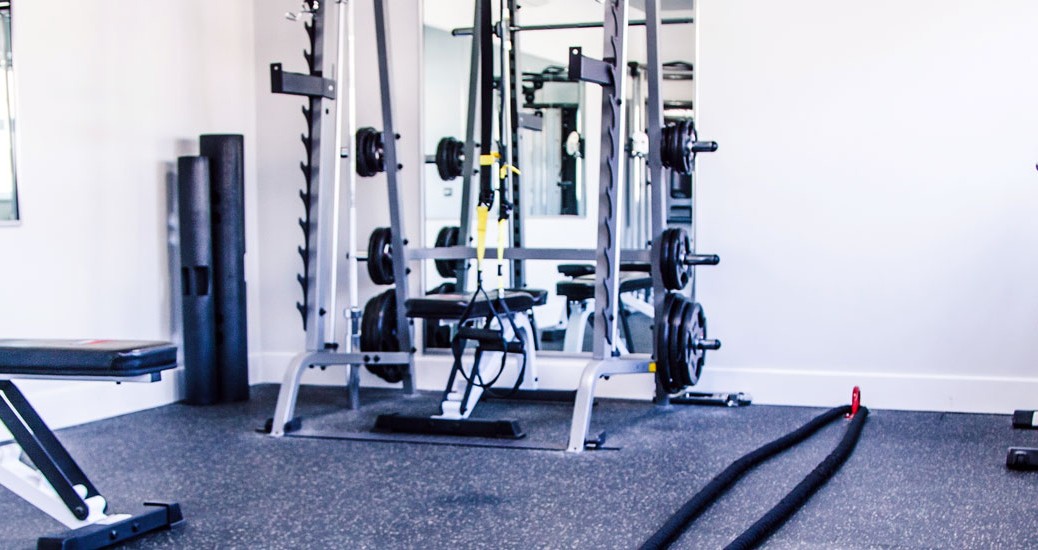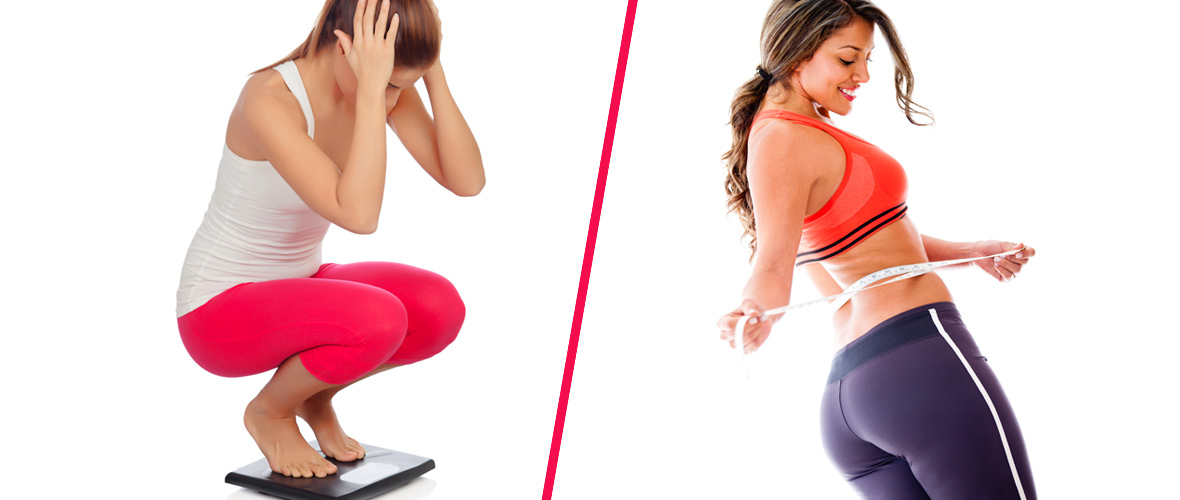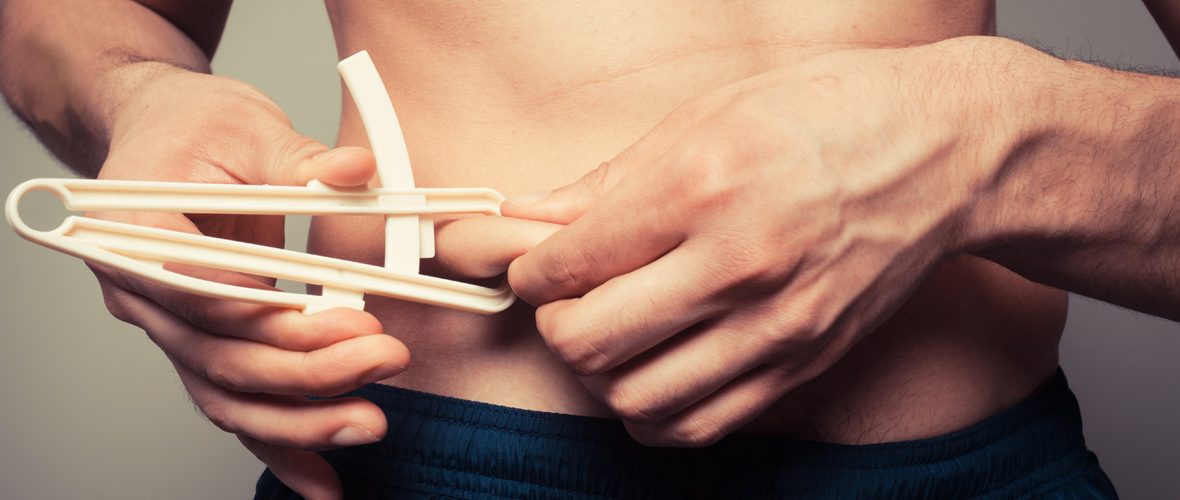Why looking just at the scales isn’t enough for ‘weight loss’
When we think of weight loss we automatically think if my numbers are lower on a set of scales then I’m on the right track. This isn’t always a clear cut answer. Yes losing weight is a good thing (if you need to lose weight that is for health reasons) but it has to be the ‘right’ weight loss.
What I mean by this is that rather than think of weight loss we should think of fat loss. As we know we are made up of bones, lean tissue (muscles), connective tissue (ligaments, tendons, cartilage) and adipose tissue (fat) as well as internal organs, water, blood etc. But we cannot lose weight from bones, connective tissues, internal organs or blood etc but we can change the amount of lean tissue and fat we have and these can go up or down.
Most of us when we are trying to shift a few pounds really mean that we want to look more toned and aesthetically pleasing. What this actually equates to is that we want to lose fat AND actually increase muscle definition. One old train of thought is that we want to turn fat into muscle which of course is physically impossible. We can however lower fat reserves in our body and increase lean tissue at the same time, thus giving us what we really want.
If we were to weigh ourselves on the scales in this scenario we wouldn’t necessarily see a reduction in weight and so this form of measuring is pretty redundant by itself. What is far more accurate is if we measure our body-fat %. This can be done a variety of ways, some good, some awful, but a pretty cost effective and accurate way is with body callipers. These measure in mm fat tissue at various sites on our bodies and then we can work out what % we are regarding our gender and age.
Let’s put this into practice with an example. Let’s say Joe Bloggs weighs 80kg and wants to get toned and ‘ripped’. He embarks on a 6 week training programme and at the end of it weighs 78kg, which is a 2kg drop. In this example he just uses the scales and nothing else, so all he can see is that he has lost 2kg, which for all the effort he put in makes him feel a bit bummed out and gutted as only 2kg for 6 weeks’ worth of hard training. If he had calculated his body-fat % it could have been a far different result.
Joe at 80kg had a body-fat % of let’s say 25%, which is pretty common. This means that of his 80kg weight, his lean weight is actually 60kg (80×75%) and body-fat of 20kg. After his 6 week programme his weight went down to 78kg however his body-fat percentage is now 20%. Joe’s lean weight now is 62.4kg (78×80%) and his body-fat is 15.6kg. So rather than just losing 2 kg, he has actually lost 4.4kg of body fat whilst at the same time gained 2.4kg of lean tissue (muscle), a much more pleasing set of results.
Losing more fat isn’t just good for appearance it is also far healthier for him in daily life and there are far more benefits of dropping body-fat (albeit not to dangerously low levels), but did you know that having more lean tissue is also beneficial. Again it looks more aesthetically pleasing to most people but by having more lean tissue your body actually burns more calories on a daily basis! It is like catch 22 but in a good way!
Muscles use fuel (calories) to do the tasks we set them to do, so having greater muscle mass means you burn more calories, simple really! Next time you are thinking of your weight goals why not give this a try, at Ocean Fitness we can help you to get your weight loss/gain goals and we are offering a free body-fat check to anyone who contacts us asking for it!!
Hope this is useful info, if you want any more please just ask.
Mike

 Menu
Menu

